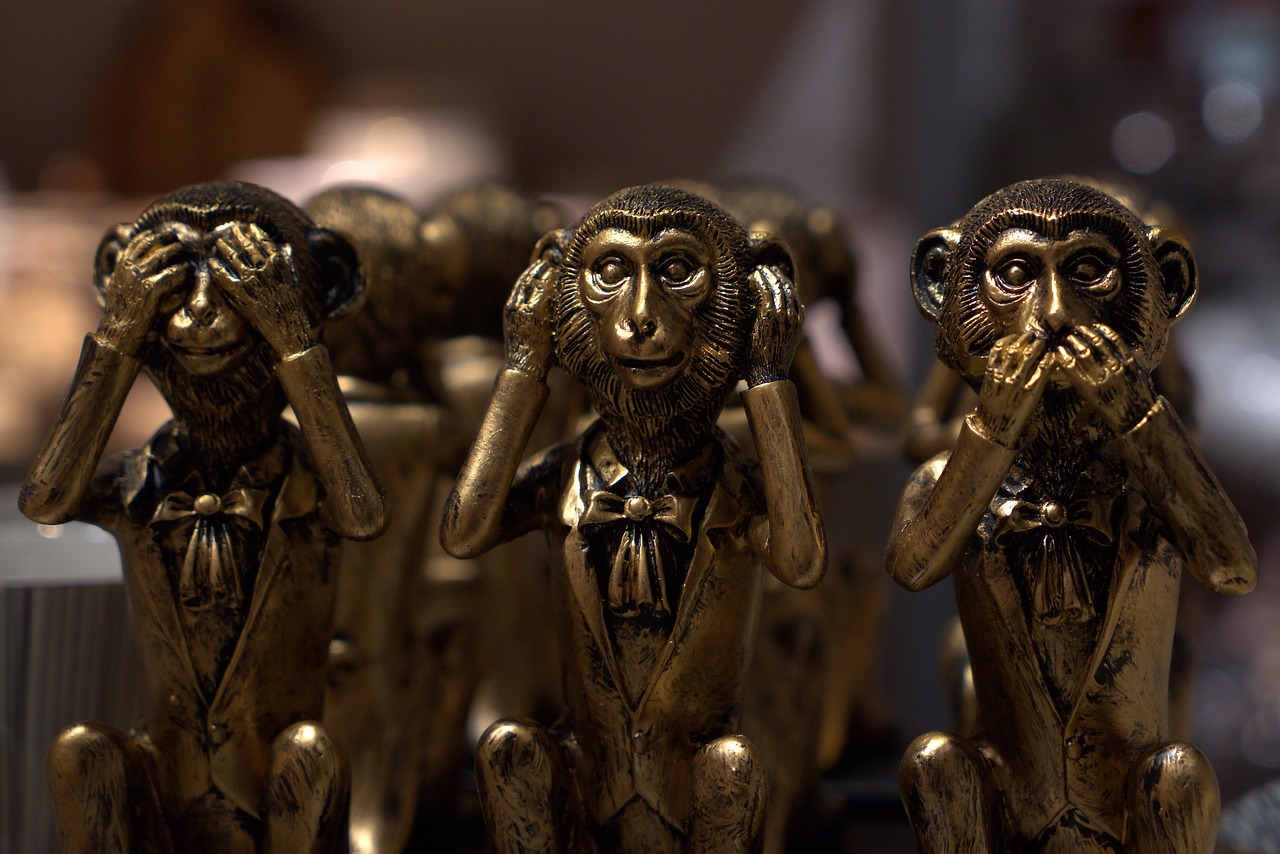What’s the moral argument for God?
We’re going to get into that…but just as important as knowing the argument itself is knowing the most common objections received when using it, as they can seem like a curve ball coming out of nowhere to the unprepared.
- If there is no God, objective moral values cannot exist.
- Objective moral values do exist.
- So, we know that God necessarily exists.
On its face, it seems pretty simple.
What are atheists saying in response to it, though?
(Bonus: To know for sure that these are objections that actual atheists and other skeptics have, I’m going to include within this mix the objections that, when still in my atheist years, I myself smugly threw back at Christians who attempted to use this argument.)

Objection: No society lives as perfectly moral people, so obviously the people within those societies have no shared sense of morality.
First off, moral knowledge does NOT mean living as morally perfect people. Each and every one of us says and does things that we KNOW we shouldn’t do…and yet, we do them. Humanity has been this way always, at all times.
Throughout human history, people have demonstrated not only that they DO have a knowledge of how they SHOULD live, but the general similarities in what they’ve come up with are striking. Societies over time, by and large, have come up with rules that demonstrate appreciation for core principles such as fairness, personal property, justice, etc.
While the specifics don’t match, they don’t have to:
Even two best friends who are on the same page morally might, in their humanity, have slightly different ideas on how the specifics of each principle ought to play out in an ideal world.
That, and, we don’t live in an ideal world, and the problems each society deals with influence the specifics, also.
What makes everyone feel the situation is “fair” looks quite different from country to country, even in the modern day.

Objection: We can’t draw conclusions here about what happens if God doesn’t exist.
The options here are binary…either God exists, or He doesn’t. Objective moral values either exist, or they don’t. There’s logically no room for a third possibility on either side.
Objection: So then, maybe objective moral values don’t actually exist?
Except they do.
And we know that because there are certain things that, in all times, across societies, we all KNOW are wrong. Societies separated by geography didn’t come to radically different conclusions regarding what’s right and wrong.
The same general moral knowledge has pervaded societal and even temporal lines.
Have the specifics changed a little as people have, due to circumstances, become more or less able to fulfill certain moral convictions? Sure.
But looking back at the earliest written laws all the way to modern times, the things that people agreed were “wrong”, even based on their admittedly imperfect human judgement, still are largely the same.
Further, consider this: If nothing is objectively “wrong”, then on what basis can we say that a serial killer’s horrific tastes in entertainment are problematic? Or, on what basis other than personal preference can we say that there’s an issue with rapists, thieves, or other criminals?
Certain serial killers have, in fact, taken the “there’s no objective morality” claim to the logical end hinted at above and have used it to justify their horrendous acts.

Objection: Morality is just a byproduct of evolution!
This was the one I always used, and the one that no one I ever talked to could answer…but it definitely does have an answer:
Whether you accept the Theory of Evolution or not doesn’t matter here; the response to this objection is the same:
A primary principle of evolution is “survival of the fittest”, so the first thing that sticks out here is that there are quite a few things we elevate as “moral” which aren’t exactly great for survival, reproductive fitness, etc.
Valuing selflessness, even to the point of giving one’s own life to protect another, doesn’t make sense in evolutionary terms.
Marital faithfulness frequently lessens many men’s chances to reproduce.
There are many more examples.
And, on a societal level, moral choices aren’t always great for a society, either.
Societies who, for example, refuse to engage in violent practices exercised by their neighbors are certainly acting morally, but aren’t likely to survive long as societies. Denouncing cannibalism may have worsened survivability through times of famine, but nonetheless, denouncing cannibalism is quite obviously the moral choice.
Evolution cannot explain morality, because morality often elevates things that oppose survivability and reproductive fitness of not only individuals but societies as well.
